Regional Biotechnology Strategy
A Regional Biotechnology Strategy being formulated in the East African Community, promises to standardise sector regulation. Once approved, a key component of the Strategy implementation will entail the establishment of the EAC Biotechnology Harmonisation Programme.
The East African Science and Technology Commission (EASTECO) is formulating the strategy. Sector experts are meeting in Nairobi from August 6-8, to validate the strategy and ensure it reflects the elements of science and governance.
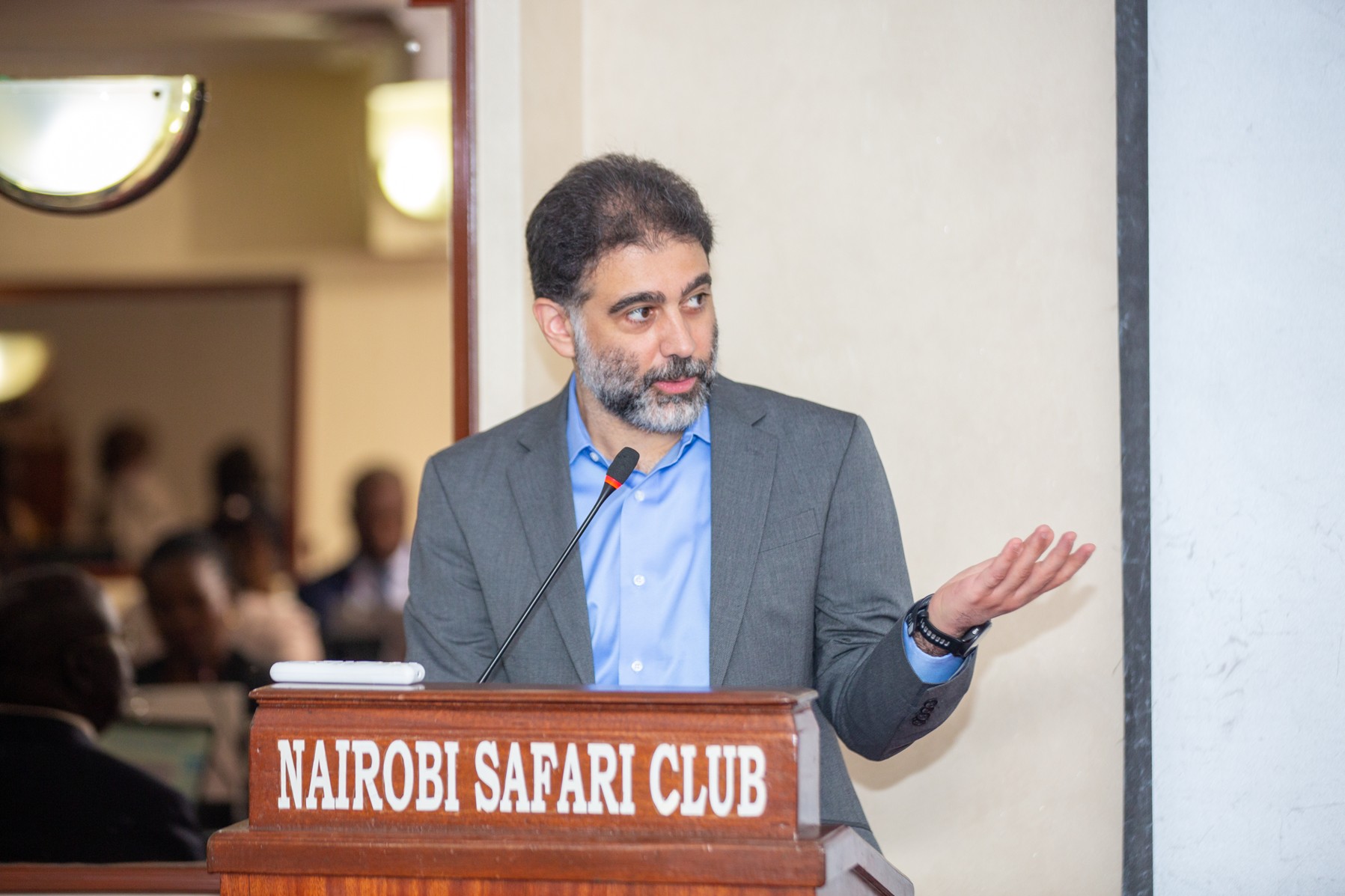
Dr. Michael Santos from the Foundation for the National Institutes of Health (FNIH) gives opening remarks.
What does the Harmonization Programme entail?
EASTECO will oversee the development, management and application of science and technology in region. The Kigali-based institution links innovators with the industry and translates innovation into usable products and markets.
The biotechnology strategy, the first of its kind in the region, seeks to harmonies policies across Partner States and foster collaboration to optimise benefits while mitigating associated risks.
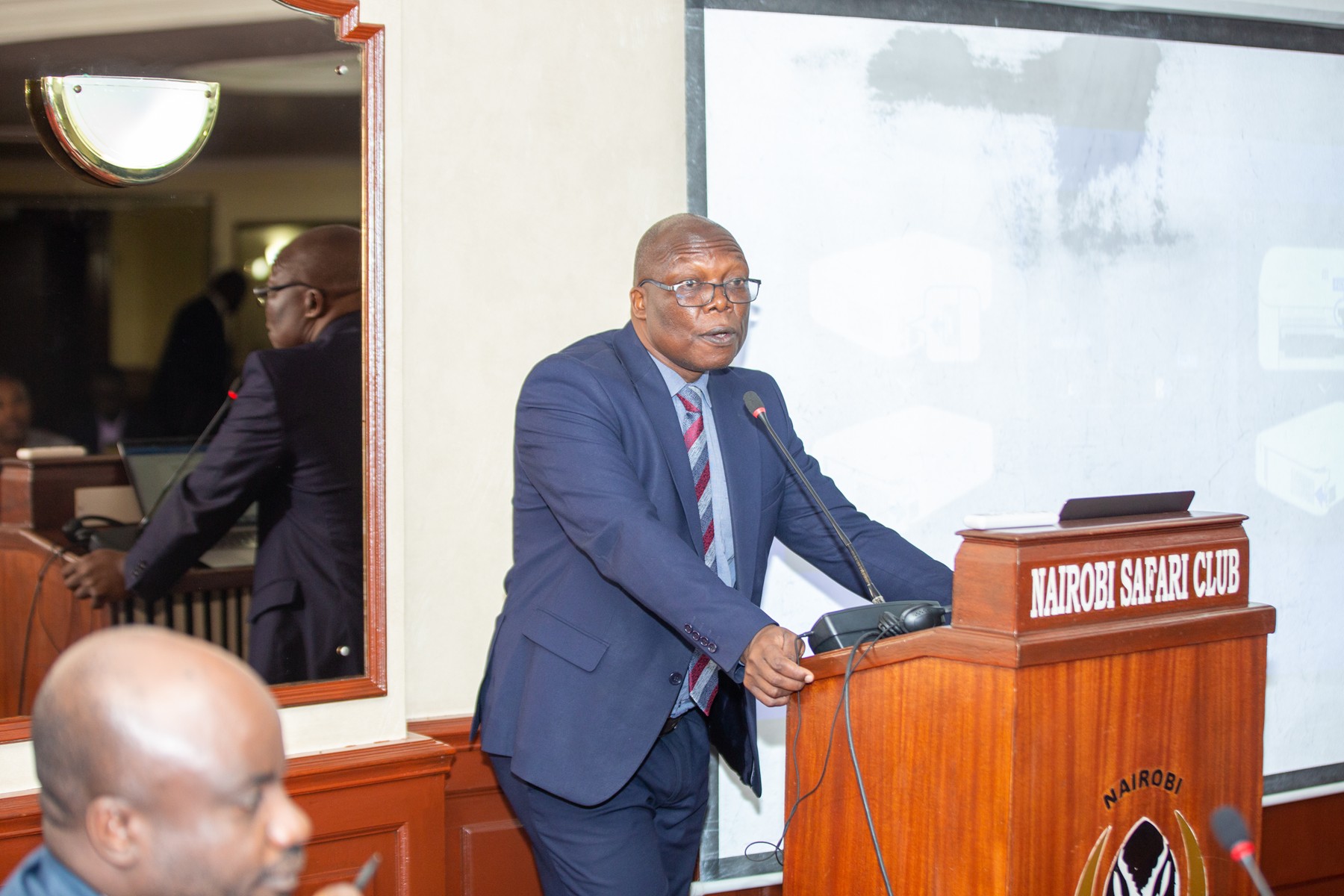
Dr. Sylvance Okoth: Executive Secretary of the East African Science and Technology Commission (EASTECO), gives opening remarks during Strategy validation meeting.
“This is a milestone in the biotechnology sector in the region,” said Dr Willy Tonui, the consultant guiding the process. Tonui notes that the misconceptions that biotechnology only refers to Genetically Modified Organisms have clouded adoption of the products, while skewing reporting. The harmonisation will elevate standards in the region, while scaling up awareness.
Tonui has previously served as the Chief Executive Officer of the National Biosafety Authority in Kenya. He oversaw development of national standards for biotechnology.

Consultant Dr. Willy Tonui, leads the session on Strategy Validation
The ten-year strategy, projected to run from 2026-2036, will boost crucial regional adoption of safety and implementation standards. The objectives of the strategy include developing and implementing policy, legal, and institutional frameworks; supporting research, innovation, and commercialisation; strengthening systems for safe and secure biotechnology use; enhancing organisational, infrastructural, and human capacity; increasing public awareness, engagement, and communication; mobilising resources and building partnerships for sustainability.
The Biotechnology Harmonisation Programme Steering Committee, comprising relevant authorities, experts, and stakeholders, will monitor implementation. The programme is committed to advancing food security, public health, sustainability, economic growth, and regional competitiveness, while addressing biosafety and biosecurity concerns.
The strategy has the following strategic objectives:
1: Develop and enforce robust policy, legal, and institutional frameworks
2: Advance research, foster innovation, and promote commercialisation;
3: Strengthen systems ensuring safe and secure biotechnology use;
4: Enhance organisational, infrastructural, and human capacity;
5: Increase public awareness, engagement, and communication;
6: Mobilise resources and strengthen partnerships for sustainability.
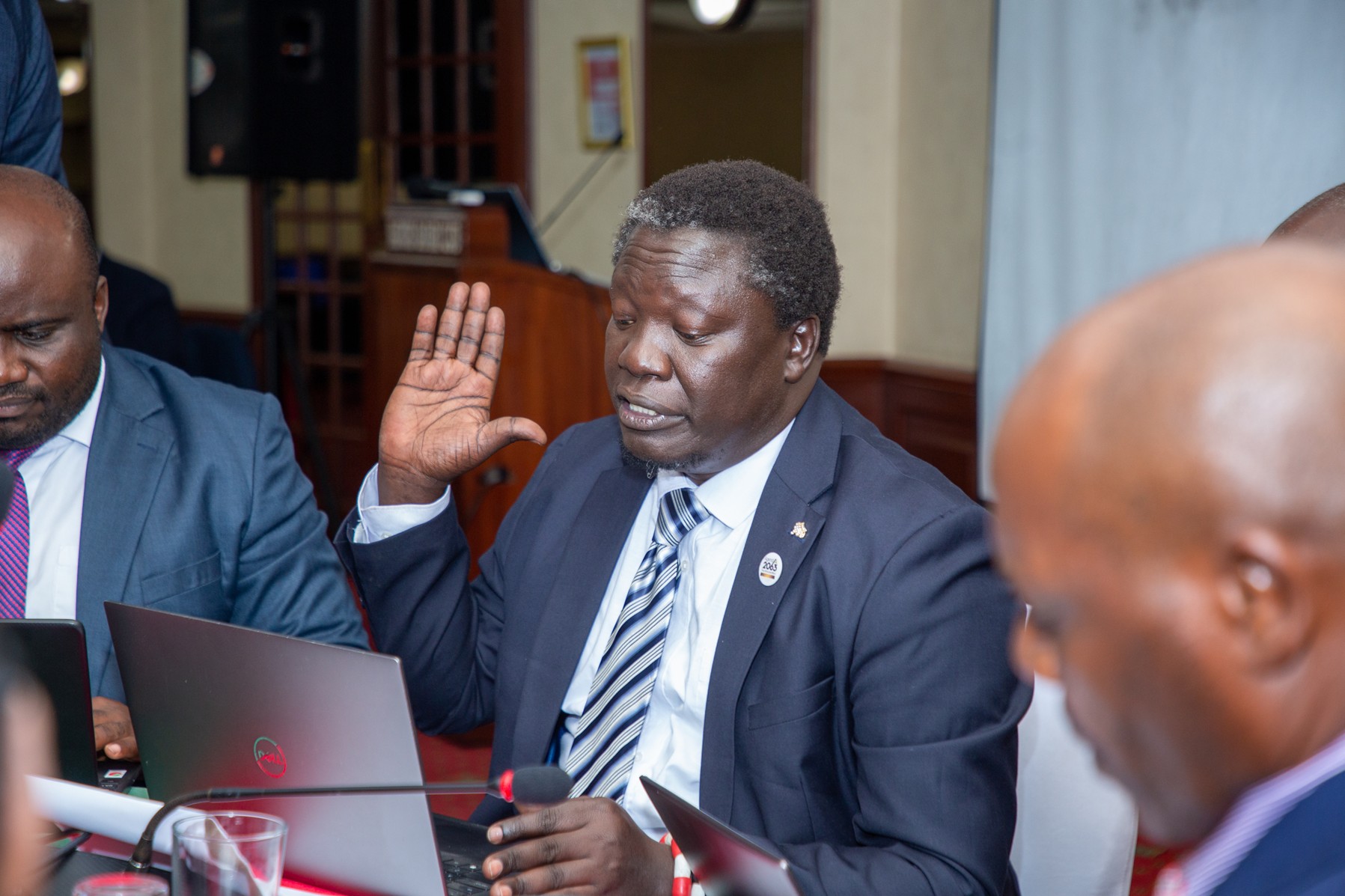
Akile Sunday from NEPAD- African Union Development Agency (AUDA) contributes to the deliberations on the strategy. He noted that the Regional Strategy is ambitious in scope and sound in principle. It places necessary emphasis on institutional strengthening, policy harmonization, public engagement, and the preservation of biodiversity—while firmly anchoring biotechnology in the broader goal of sustainable and inclusive development.
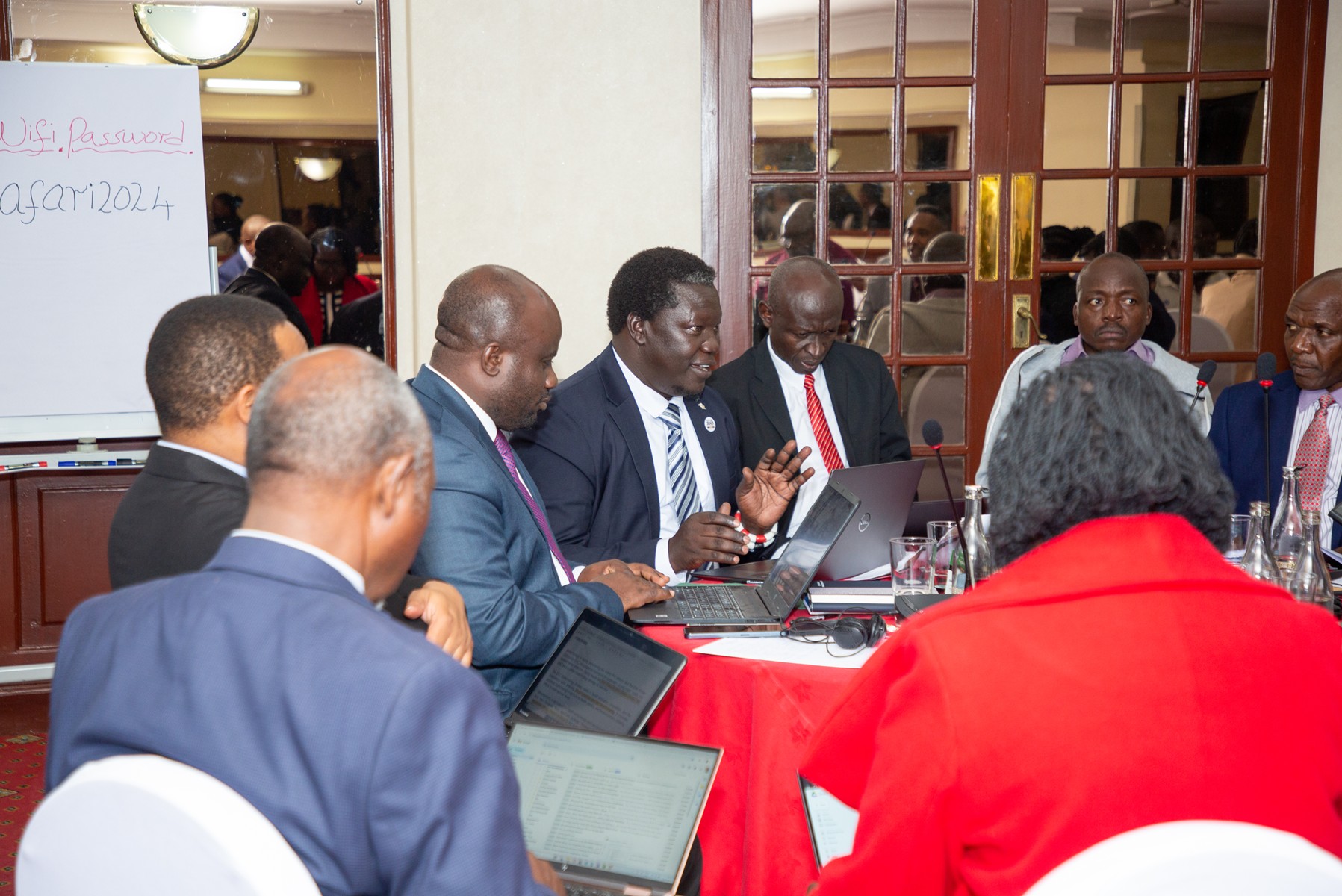
Focus on group work: The groups converged to examine the elements of the strategy and offer feedback. The aim is to tease out content, identify gaps and recommend solutions for inclusion in the strategy.
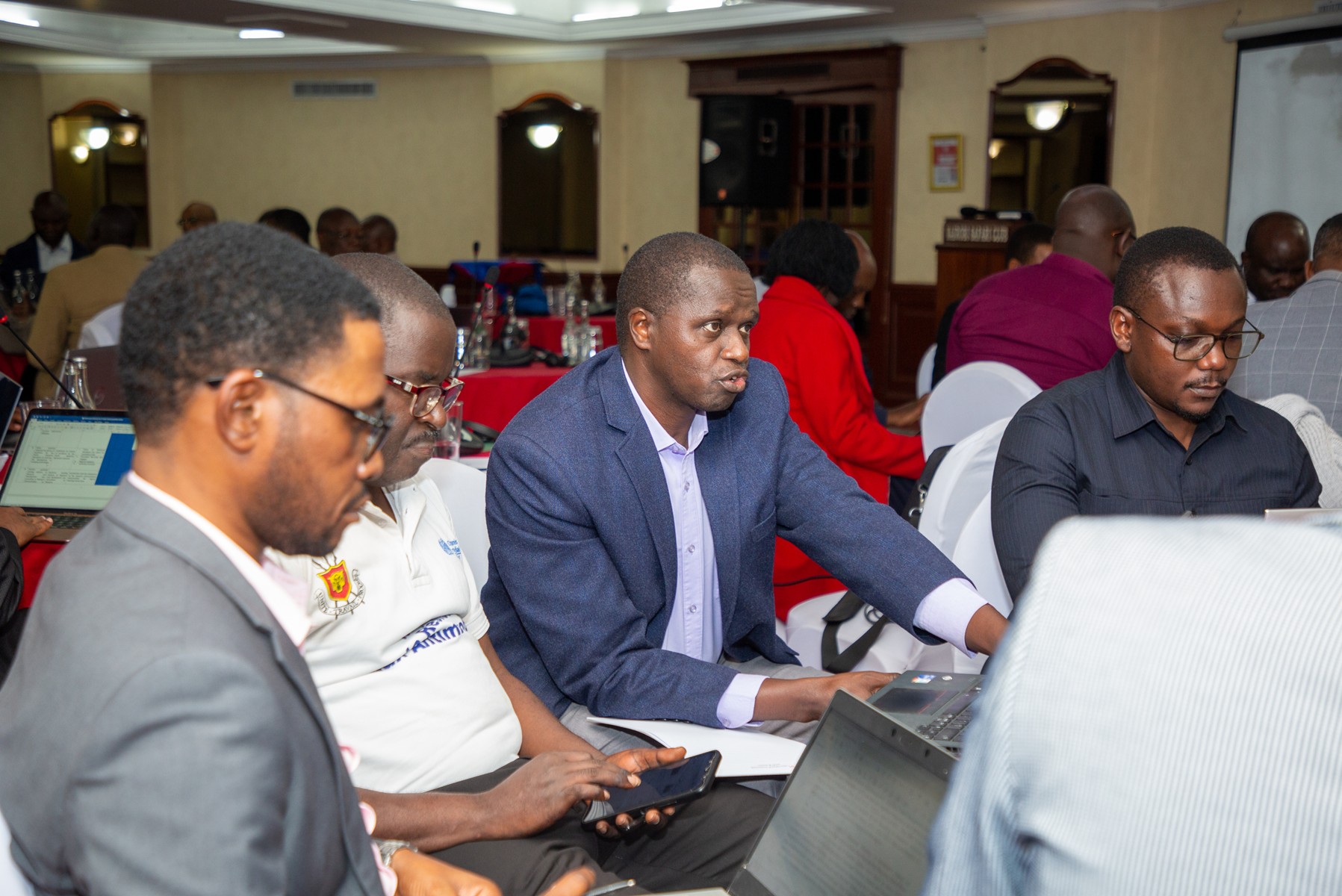
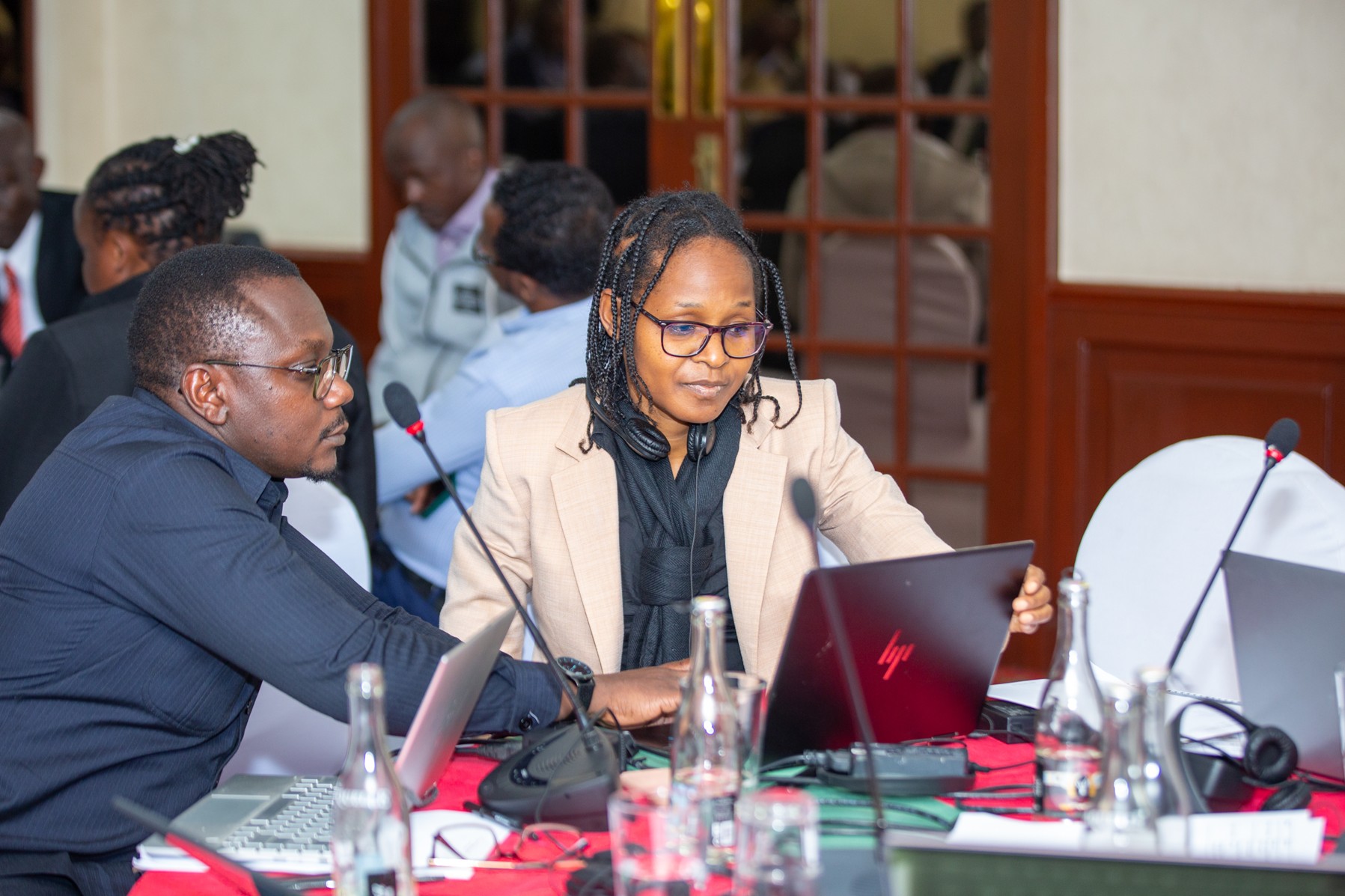
Participants examined all sections and recommended views to harmonise the strategy
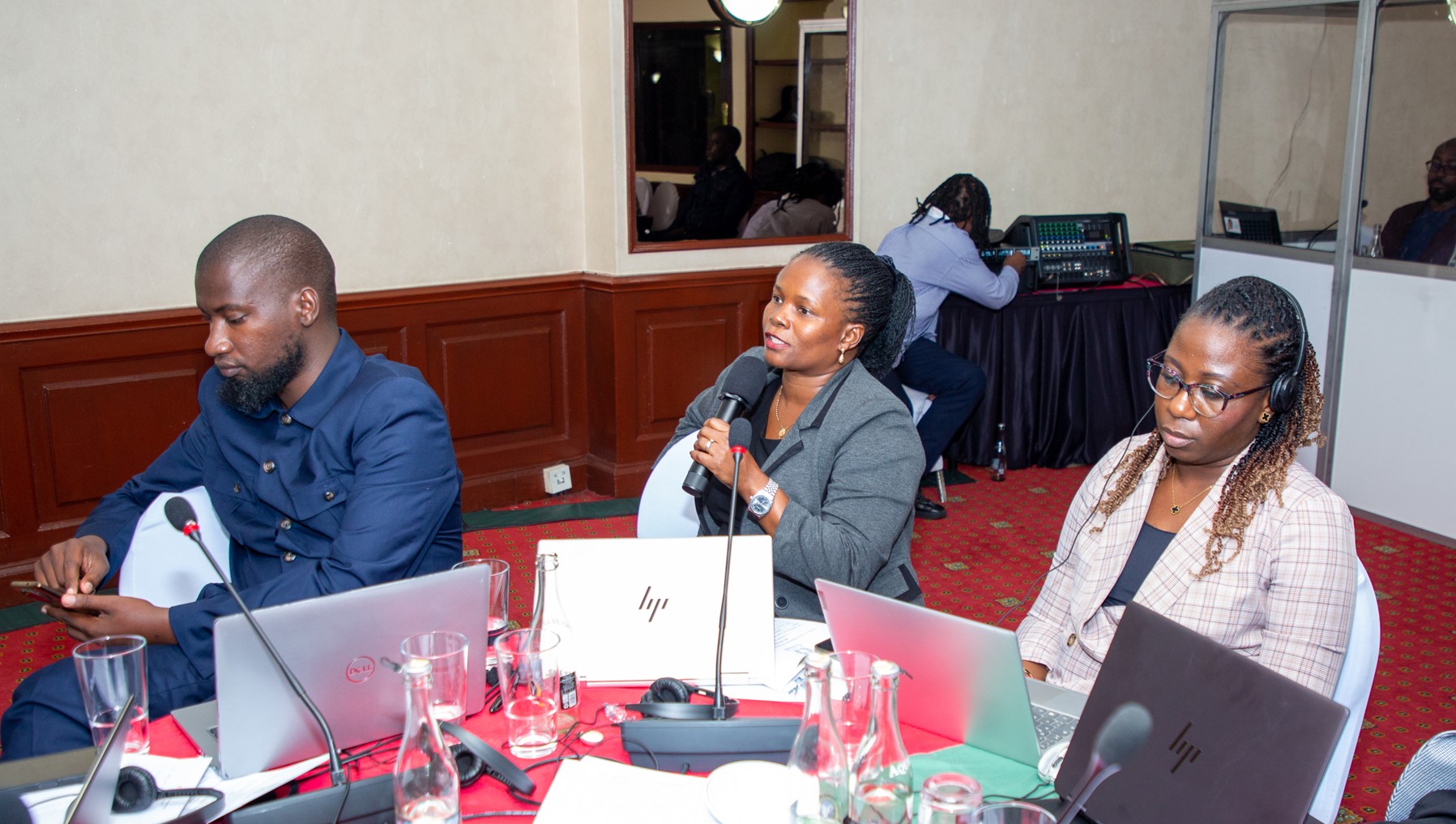
Participants sharing their views on the strategy.

Mr. Moses Ndahiro and Mr. Fortunate Muyambi
The strategy will have six key strategic pillars:
Pillar 1: Policy, Legal, and Institutional Frameworks is focused on developing national biotechnology policies that are consistent with regional and international standards.
Pillar 2: Research, Innovation, and Commercialization seeks to enhance research infrastructure by providing modern laboratories and digital resources.
Pillar 3: Safety and Security Systems involves regularly updating and aligning biotechnology regulations.
Pillar 4: Organisational, Infrastructural, and Human Capacity is intended to improve governance, leadership, and management systems within biotechnology institutions.
Pillar 5: Public Awareness, Engagement, and Communication includes implementing public education campaigns through multimedia and community leaders.
Pillar 6: Resource Mobilisation and Partnerships involves creating dedicated national and regional biotechnology funds and promoting financing mechanisms such as public-private partnerships and biotech bonds.

From Left: Dr. Dorrington Ogoyi, Michael Santos- Foundation for the National Institutes of Health (FNIH), Dr. Willy Tonui, consultant and Dr. Sylvance Okoth, Executive Secretary EASTECO.
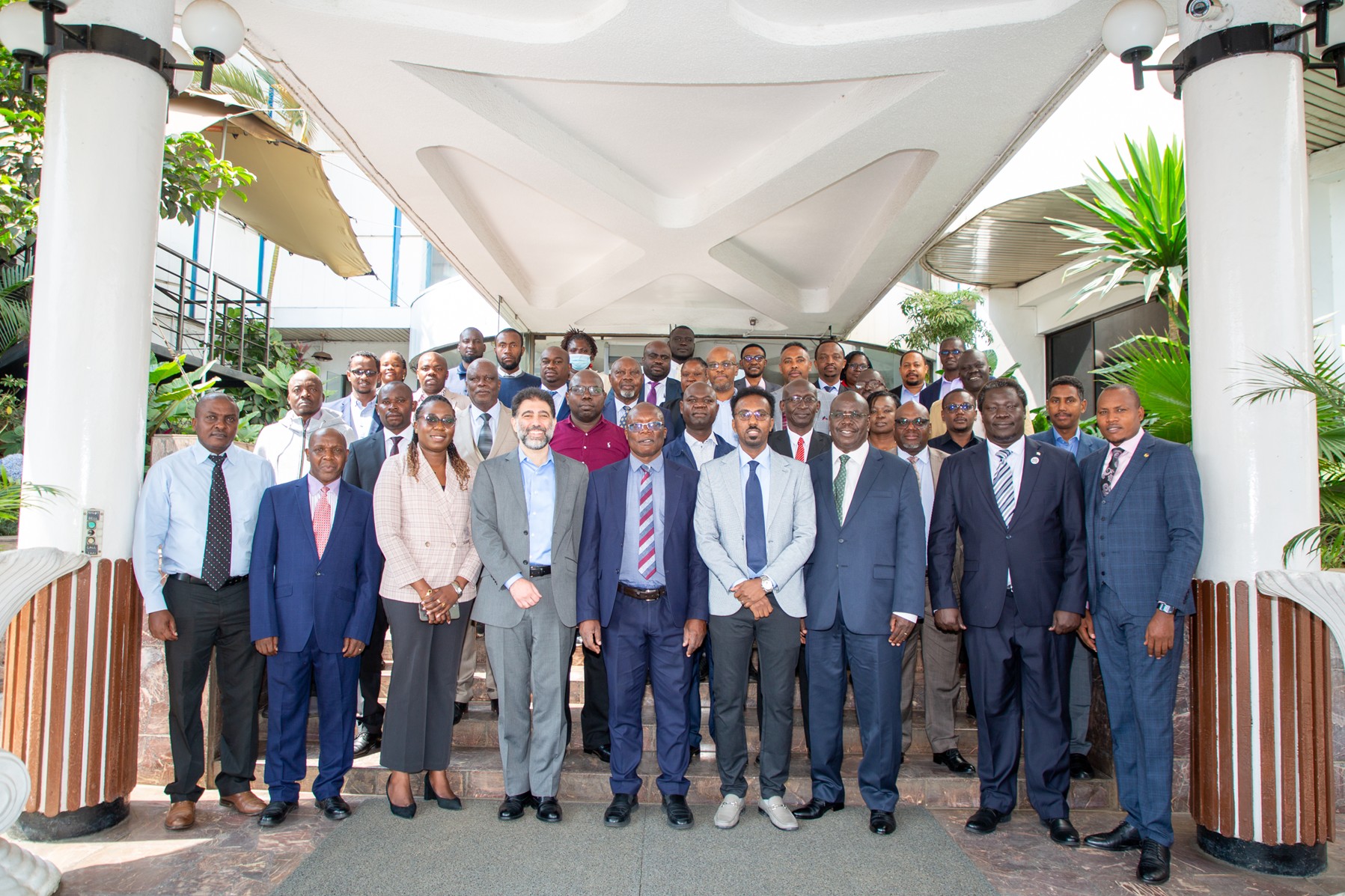
Participants pose for a photo at the validation meeting for the Biotechnology Strategy.
